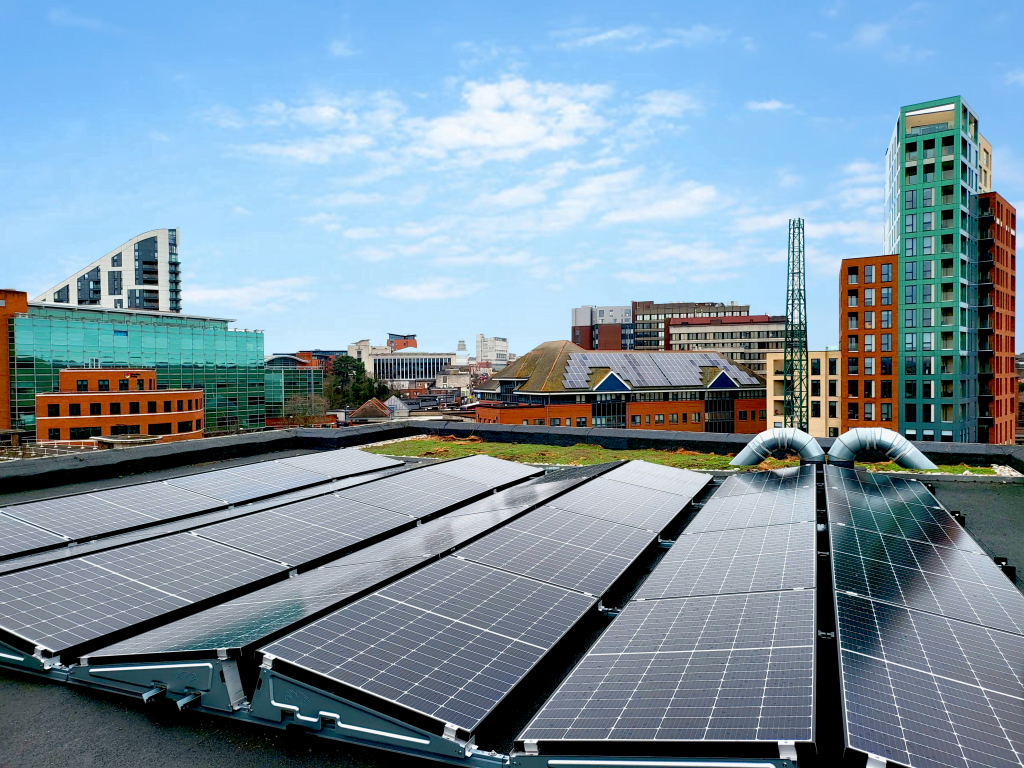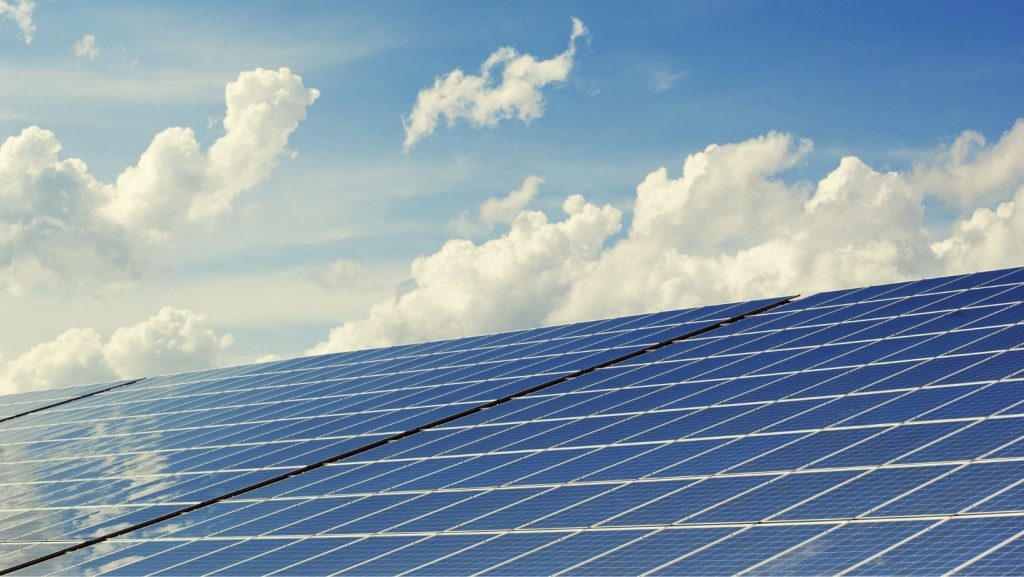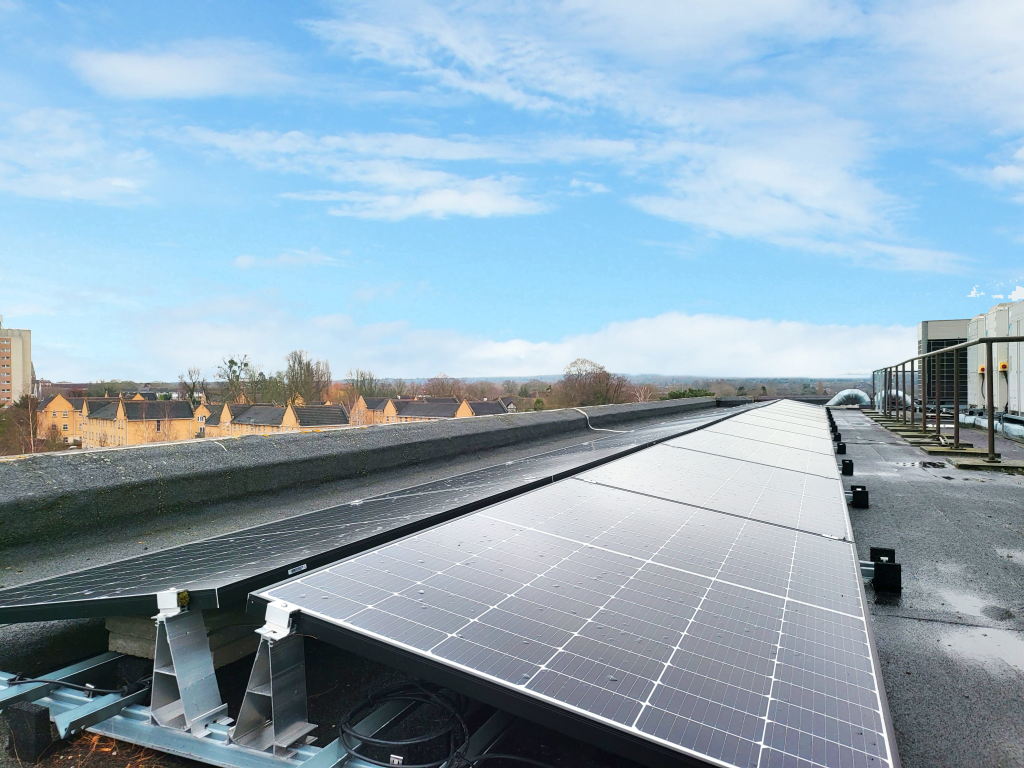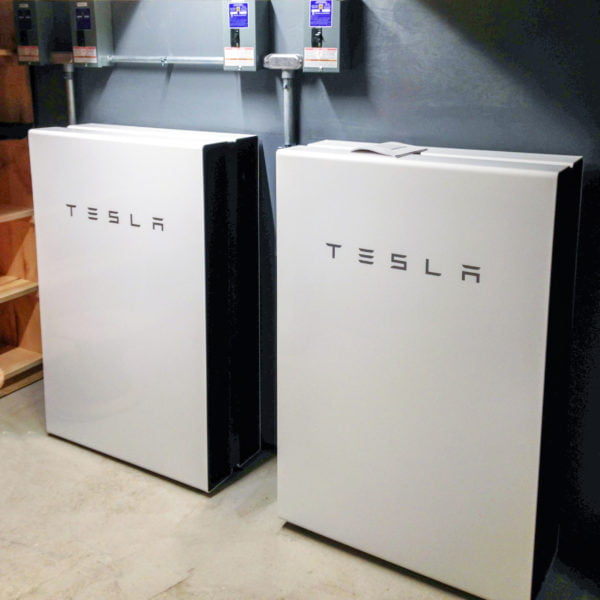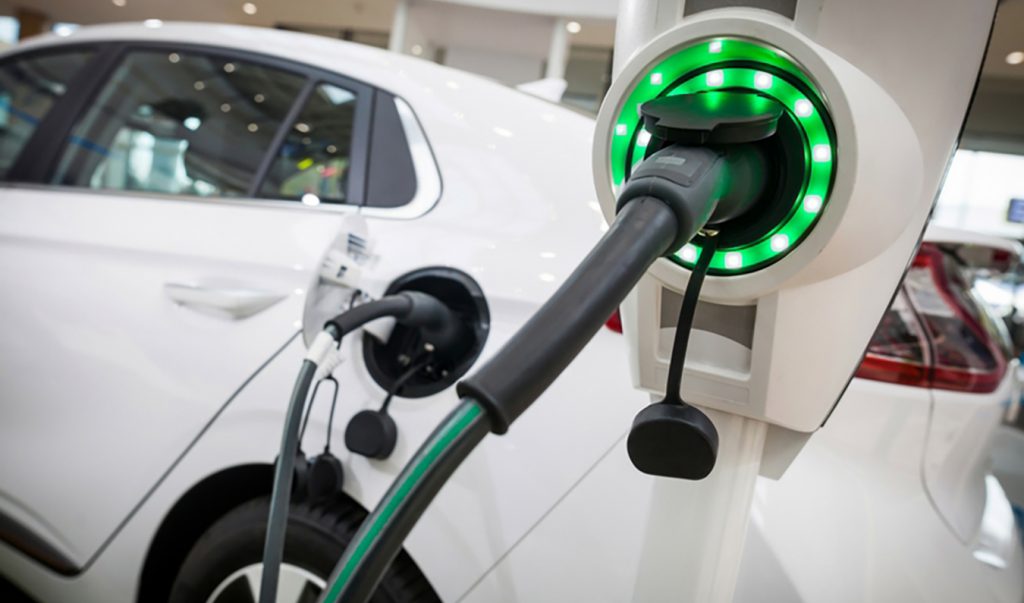Solar-Plus-Storage Solar Battery Installation
Solar Energy Experts
From initial design and planning, we can deliver projects from design right through to hand over. Our multi-skilled teams are dynamic and get involved in different parts of each project, this approach improves knowledge within the team and makes everything run smoothly.
The ability to store solar energy for later use is important: It helps to keep the balance between electricity generation and demand. Lithium-ion batteries are one way to store this energy—the same batteries that power your phone.
Why Lithium?
Lithium is a lightweight metal that an electric current can easily pass through. Lithium ions make a battery rechargeable because their chemical reactions are reversible, allowing them to absorb power and discharge it later. Lithium-ion batteries can store a lot of energy, and they hold a charge for longer than other kinds of batteries. The cost of lithium-ion batteries is dropping because more people are buying electric vehicles that depend on them.
While lithium-ion battery systems may have smaller storage capacity in comparison to other storage systems, they are growing in popularity because they can be installed nearly anywhere, have a small footprint, and are inexpensive and readily available—increasing their application by utilities.
What’s a solar-plus-storage system?
Many solar-energy system owners are looking at ways to connect their system to a battery so they can use that energy at night or in the event of a power outage. Simply put, a solar-plus-storage system is a battery system that is charged by a connected solar system, such as a photovoltaic (PV) one.
A standalone 60 MW storage system will decrease in cost per megawatt-hour (MWh) as duration increases. Meaning, the longer your storage lasts, the lower the cost per MWh. That’s because the cost of inverters and other hardware account for more of the system’s costs over a shorter period.
